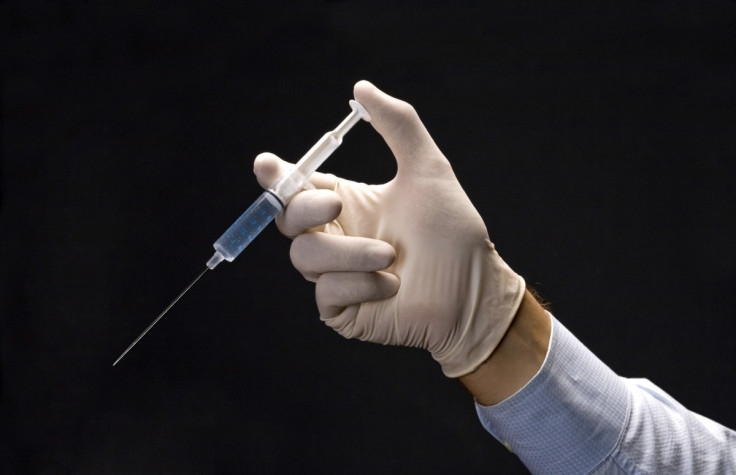Russian scientist injects himself with ancient 'immortality' bacteria

A Russian scientist has injected himself with a 3.5 million-year-old bacteria that could hold the key to immortality. Anatoli Brouchkov from Moscow State University, said since injecting himself with Bacillus F he is able to work for longer and has not had the flu for two years.
The bacteria was found in Siberian permafrost on Mamontova Gora in 2009. Since then, scientists have used it to experiment on plants, mice and human blood cells, with tests showing it improved longevity and fertility. It appeared to heal plants and restore the ability to reproduce in older mice.
So Brouchkov decided to start experimenting with the bacteria on himself. In an interview with Russia Today, he said: "I started to work longer, I've never had a flu for the last two years. But it still [needs more] experiments. We have to work out how this bacteria prevents ageing. I think that is the way this science should develop. What is keeping that mechanism alive? And how can we use it for our own benefits?"
He said he did not think the bacteria would cause any damage to him because people living in the region that have been exposed to it do not appear to suffer any adverse effects, and even seem to live longer than people in other nations.
Scientists now want to establish what mechanisms kept the bacteria alive in such harsh conditions for millions of years in the hope of developing it to extend human life. "This bacteria was isolated from the outer world in ice, so we are quite sure that this bacteria was kept in the permafrost for such a long time. Yet we are still working to prove this," Brouchkov said.
"Our cells are unable to protect themselves from damage. These bacteria cells are able to protect themselves. It would be great to find the mechanisms of protection from ageing, from damage, and to use them to fight with our ageing. It's is the main riddle of mankind and I believe we must work to solve it."
© Copyright IBTimes 2025. All rights reserved.





















